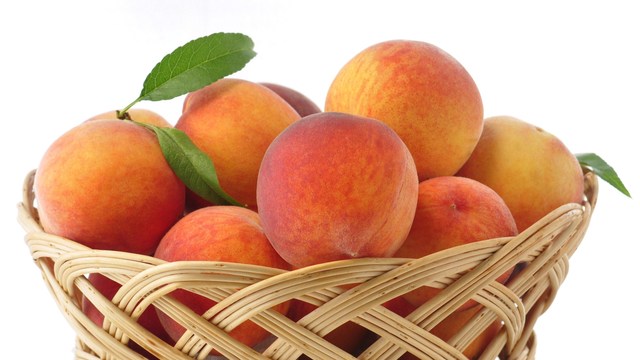 Photo: Getty Images
Photo: Getty Images
It is that time of year again where many of us are outside grilling as well as headed to barbecues and picnics.
While it is important to remember to eat better by selecting healthy food options, it is also of utmost importance that the food you eat is safe.
Oftentimes, when food is prepared and left outdoors, people become sick. There are some food safety precautions one should follow to avoid food borne illnesses.
Doctors have said they see more cases of food-related illnesses during the summer in part due to the heat and humidity. Food is often neglected and left out longer than it should be, making it a harboring place for bacteria and parasites.
Children and older adults are more susceptible to food poisoning.
The Food Standards Agency (FSA) said you may want to start inside with your food preparation: "The safest option is to cook food indoors using your oven. You can then put the cooked food outside on the barbecue for flavor."
According to the U.S. Food and Drug Administration, “To protect yourself, your family, and friends from food borne illness during warm-weather months, safe food handling when eating outdoors is critical.”
They stressed the importance of sanitary conditions stating, “Food safety begins with proper hand cleaning — including outdoor settings. Before you begin setting out your picnic feast, make sure hands and surfaces are clean.”
The FDA said it is important to keep cold food cold at a temperature of 40 degrees Fahrenheit or cooler to prevent bacteria from growing or multiplying.
They also specified the importance of avoiding cross-contamination, by keeping raw meats, poultry and fish away from other foods such as fruits and vegetables.
The FDA said it is important to make sure to wash all fruits and veggies before cutting them or preparing them for summer salads.
The United States Department of Agriculture Food Safety and Inspection Service reiterated similar guidelines to the FDA such as marinating foods safely.
They said, “Marinate food in the refrigerator, not on the counter. Poultry and cubed meat or stew meat can be marinated up to two days. Beef, veal, pork, and lamb roasts, chops, and steaks may be marinated up to five days. If some of the marinade is to be used as a sauce on the cooked food, reserve a portion of the marinade before putting raw meat and poultry in it.”
According to the U.S. Department of Agriculture (USDA), ground beef and pork should be cooked to a minimum internal temperature of 160 degrees Fahrenheit, and chicken should be cooked to at least 165 degrees.
They also said that it is important to reheat food that is already cooked to a minimum temperature of 140 degrees Fahrenheit.
Online References:
http://www.nhs.uk/Livewell/Summerhealth/Pages/Barbecuefoodsafety.aspx
http://www.fda.gov/food/resourcesforyou/Consumers/ucm109899.htm
http://www.fsis.usda.gov/PDF/Barbecue_Food_Safety.pdf
Reviewed June 2, 2011
Edited by Alison Stanton
Joanne Sgro is a Television Fitness Expert, Certified Personal Trainer and Sport Nutritionist. She is Certified in Pilates, Pre-natal/Post-Partum, Yoga and Senior Fitness. She specializes in Weight Loss, Post-Rehab and Post Cancer Training.
Joanne's fitness plans and recipes are available globally on her website www.fitnessanswer.com. She resides in the Phoenix, AZ area with her fiancé, where she runs her personal training business, Fitness Answer, LLC.






Add a CommentComments
There are no comments yet. Be the first one and get the conversation started!